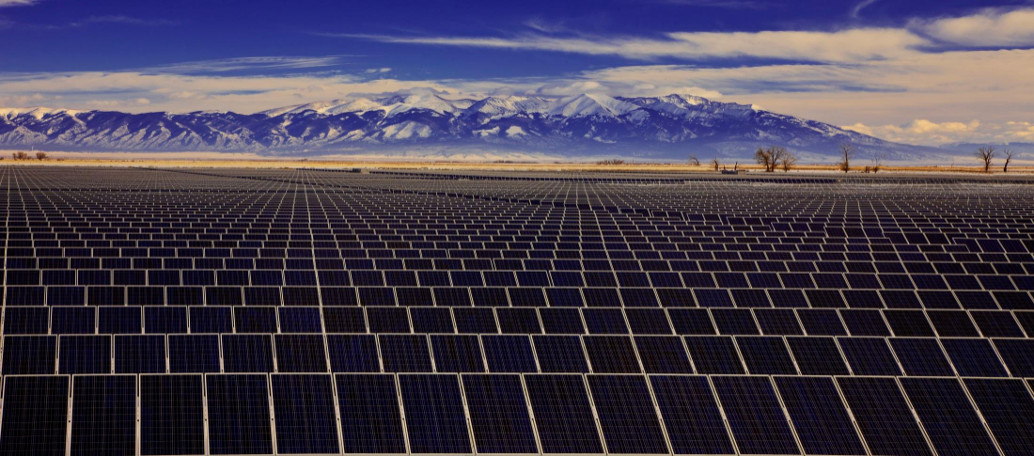In the second quarter, the developer — a subsidiary of Chinese state-owned utility Huaneng — finished building a 50 MW solar array in Shanxi province, as well as a 15 MW project in Jilin province, a 10 MW installation in Fujian province and a 16.13 MW plant in Zhejiang province. It held stakes in a number of other projects that were completed in the second quarter, including nearly 160 MW of solar capacity in Shandong province, according to a statement filed to the Hong Kong stock exchange.
HPI’s total power generation in China — including electricity produced by its solar, wind, hydro and coal-fired projects — hit 90,697 GWh in the second quarter, up 31% year on year. Total electricity sales also rose 31% on the year in the April-June period to 85,624 GWh, according to preliminary statistics.
In the first half of 2017, HPI’s total generation soared 27.8% year on year to 186,685 GWh, with total electricity sales rising 27.6% to 176,121 GWh. The company’s average on-grid electricity settlement price for its power plants in China rose 3.3% on the year in the first half to roughly $60.32/MWh. It partly attributed the year-on-year gains in total generation to its acquisition of power assets in Heilongjiang, Jilin and Shandong provinces.
Popular content
HPI posted a net profit of 652 million yuan ($96.5 million) in the three months to the end of March, down 86.9% from the preceding year. Its full-year net profit fell 37.59% year on year in 2016 to 8.520 billion yuan. The company — which has owned Singapore-based power producer Tuas Power since 2008 — announced plans earlier this week to publicly issue 3.8 billion yuan of corporate bonds and 5 billion yuan of renewable corporate bonds, as part of efforts to shore up its working capital.
This content is protected by copyright and may not be reused. If you want to cooperate with us and would like to reuse some of our content, please contact: editors@pv-magazine.com.


1 comment
By submitting this form you agree to pv magazine using your data for the purposes of publishing your comment.
Your personal data will only be disclosed or otherwise transmitted to third parties for the purposes of spam filtering or if this is necessary for technical maintenance of the website. Any other transfer to third parties will not take place unless this is justified on the basis of applicable data protection regulations or if pv magazine is legally obliged to do so.
You may revoke this consent at any time with effect for the future, in which case your personal data will be deleted immediately. Otherwise, your data will be deleted if pv magazine has processed your request or the purpose of data storage is fulfilled.
Further information on data privacy can be found in our Data Protection Policy.